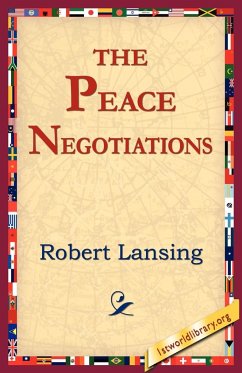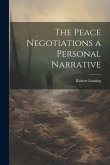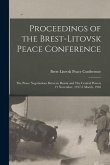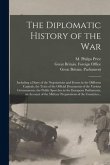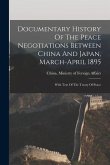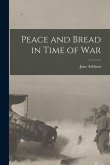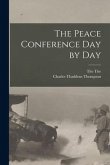Purchase one of 1st World Library's Classic Books and help support our free internet library of downloadable eBooks. Visit us online at www.1stWorldLibrary.ORG - - While we were still in Paris, I felt, and have felt increasingly ever since, that you accepted my guidance and direction on questions with regard to which I had to instruct you only with increasing reluctance.. "... I must say that it would relieve me of embarrassment, Mr. Secretary, the embarrassment of feeling your reluctance and divergence of judgment, if you would give your present office up and afford me an opportunity to select some one whose mind would more willingly go along with mine." These words are taken from the letter which President Wilson wrote to me on February 11, 1920. On the following day I tendered my resignation as Secretary of State by a letter, in which I said:
Bitte wählen Sie Ihr Anliegen aus.
Rechnungen
Retourenschein anfordern
Bestellstatus
Storno

